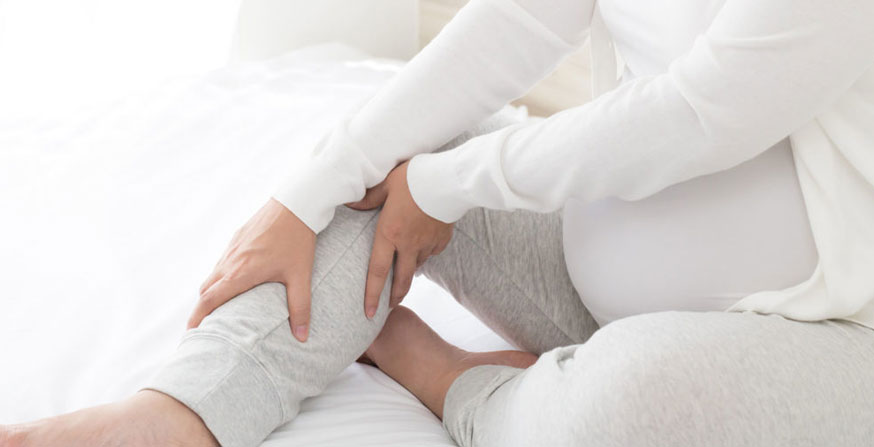
How to prevent Varicose Veins in Pregnancy?
While pregnancy, the blood volume in the body of mother increases, but the rate by which the blood flows from legs to the pelvis got decrease. Due to this, the pressure on the veins increases, which in turn can result in the Varicose Veins. Varicose veins are basically enlarged veins. These veins are more commonly found in legs. During pregnancy, the chances of varicose veins got increased, and can also appear in the vaginal area and buttocks.
There is another kind of varicose veins known as hemorrhoids. Generally, it is found in the anus or rectum while pregnancy, normally because of constipation.
There are certainly other factors that can also contribute such as hormonal changes. Hormonal changes increase the progestin levels which can either dilate or open the veins. In addition, uterus increases the pressure on the inferior vena cava. It is a vein which carries blood from legs and feet to the heart. The common symptoms are itching and uncomfortableness.
How to treat varicose veins in pregnancy using natural methods?
As you can’t prevent the changes that happen during the pregnancy period, there are several ways by which you can minimize or even prevent varicose veins.
The most affected methods are:
- Don’t stand or sit cross-legged for longer durations. Always take breaks from the current position and change it for a few minutes.
- Don’t wear high heels. Lower heels or flat shoes are much better as this helps in healthy circulation of blood in the calf muscles.
- Do exercise regularly, however, consult a doctor about this first.
- Elevate your legs after a certain period. This will improve the circulation of blood.
- Sleep on the left side. This will helps in relieving pressure on the inferior vena cava.
- Consume less salt.
- For preventing constipation, drink more water and fiber-rich fruits
What to do if these methods don’t work?
In the case, your varicose veins don’t minimize, you should immediately consult to a varicose veins specialist. Now, the RFA treatment for varicose veins is the most preferable option as it is a minimally invasive procedure to treat varicose veins.
If you are looking for a varicose veins specialist, then you should consult Dr. Rajendra Bansal at Flowcare Intervention and Pain Clinic. He has a very good success rate of treating varicose veins, and expertise in the RFA treatment.







